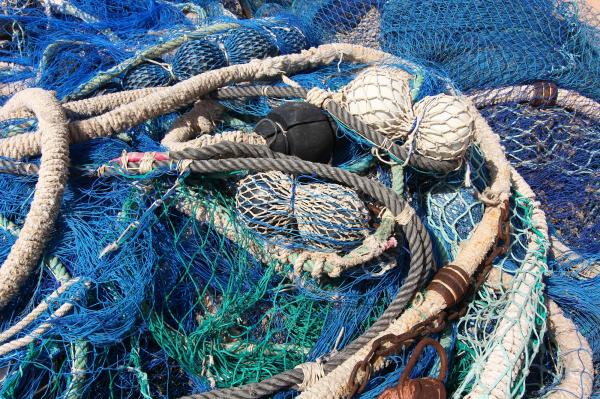Populations of widely consumed fish and invertebrates are experiencing strong declines all around the world, according to new research from The University of Western Australia.
Fish market favourites such as orange roughy, common octopus and queen conch are among the species whose populations are shrinking, based on an assessment of over 1300 fish and invertebrate stocks.
The study, published today in Estuarine, Coastal and Shelf Science, was carried out by researchers at UWA, the University of British Columbia and the GEOMAR Helmholtz Centre for Ocean Research Kiel.
It is the first global study of long-term trends in the size and quantity of exploited marine fish and invertebrates’ populations for all coastal areas on the planet.
Of the 1300 populations or stocks analysed, 82 per cent were in various states of depletion.
This means that their members are being or have been caught at a rate and in numbers that don’t allow for their population to maintain itself because they are simply not being given enough time to grow and reproduce.
It also means that fishers are catching less and less fish and invertebrates over time, even if they fish longer and harder.
The findings were obtained by applying a computer-intensive stock assessment method to comprehensive reconstructed catch data for a period from 1950-2014. The species-level data that was used accounts for roughly half of all global catches.
The researchers also analysed the populations by climate zones because water temperature is an important factor when it comes to the response of fish species to fishing pressure. The analysis showed that there were few exceptions to the general declining trend.
Co-author Dirk Zeller, leader of the Sea Around Us – Indian Ocean initiative at UWA, said the findings support previous suggestions of systematic and widespread overfishing of the coastal and continental shelf waters in much of the world over the last 60 years.
“Pathways for improvements in effective fisheries management are needed, and such measures should be driven by scientifically set and strongly enforced total allowable annual catch limits,” Professor Zeller said.
Co-author Jessica Meeuwig, Director of the Marine Futures Lab at UWA, said the results could have major implications for international fisheries and marine resource policy.
“Our findings suggest that, to halt and reverse declines in fish populations, well-enforced and sizeable no–take marine protected areas are required on ocean-basin scales, echoing the international target of 30 per cent by 2030,” Professor Meeuwig said.








